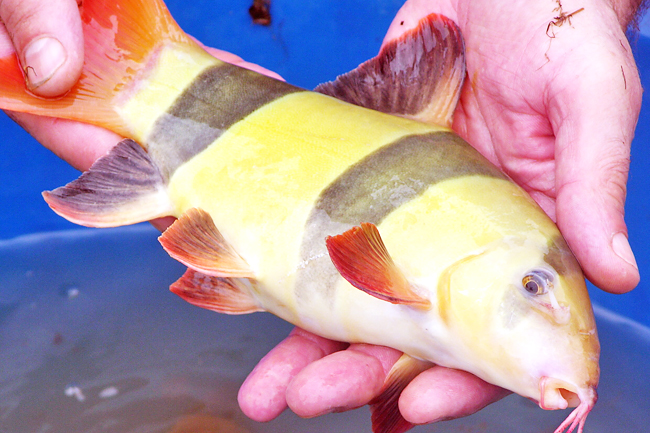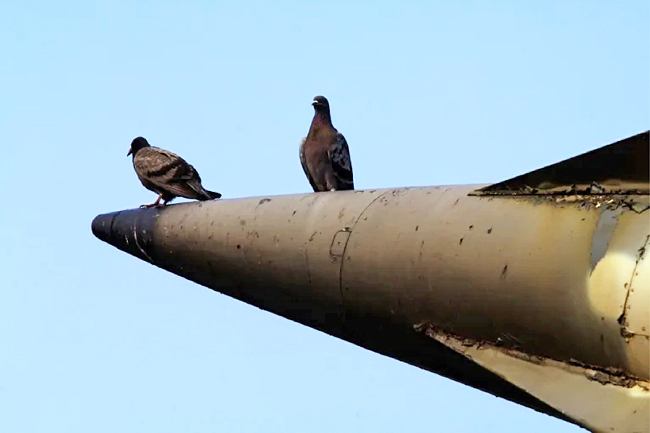PARIS (AFP) – Mammals that can breathe through their backsides, homing pigeons that can guide missiles and sober worms that outpace drunk ones: these are some of the strange scientific discoveries that won this year’s Ig Nobels, the quirky alternative to the Nobel prizes.
The annual awards “for achievements that first make people laugh, then make them think”, were handed out at a rowdy ceremony at Massachusetts Institute of Technology in the United States (US) on Thursday evening.
Here are the 10 winners of the 34th edition, held a month before the real Nobel prizes.
The physiology prize went to Japanese and US researchers for discovering that many mammals can breathe through their anuses in emergencies.
They were inspired by loach fishes, which are capable of “intestinal air breathing”, according to their 2021 study.
This can also be done by mice and rats, the researchers found, suggesting that guts could be repurposed as an “accessory breathing organ”.


They even suggested this could be a way to deliver emergency oxygen to patients when there is a ventilator shortage, such as during the COVID-19 pandemic.
The peace Ig Nobel went to the late US psychologist B F Skinner, for putting trained pigeons in the nose of missiles to guide them during World War II.
Project Pigeon was called off in 1944 despite a seemingly successful test on a target in New Jersey.
“Call it a crackpot idea if you will; it is one in which I have never lost faith,” Skinner wrote in 1960.
The botany prize was awarded for research which found that some real plants imitate the shapes of nearby plastic plants.
Prize-winner Felipe Yamashita of Germany’s Bonn University said their hypothesis is that the Boquila plant they studied “has some sort of eye that can see”.
“How they do that, we have no idea,” he said to laughter at the ceremony.
“I need a job,” he added.
The probability prize was awarded to researchers who tossed 350,757 coins.
Inspired by a magician, the researchers found that the side facing upwards before being flipped won around 50.8 per cent of the time.







